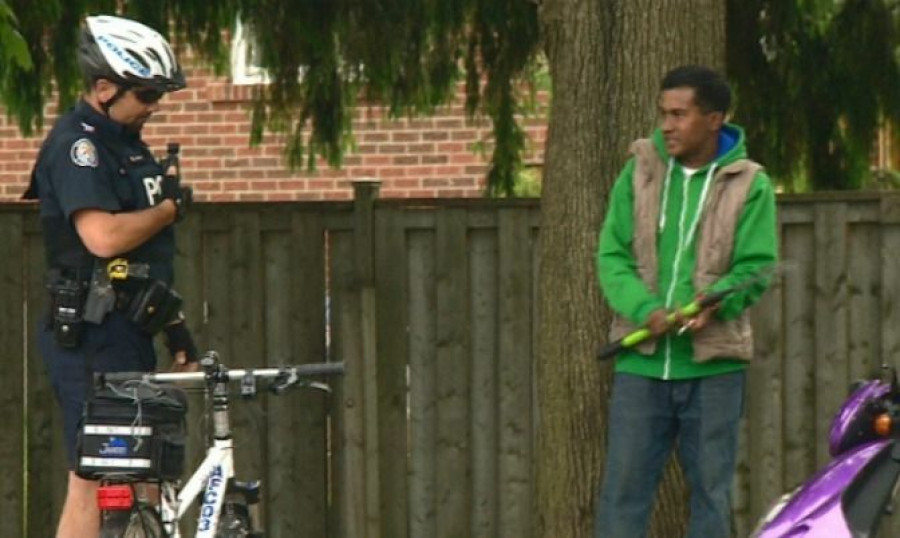The Hamilton Advocacy Group provided this update on its Facebook page overnight.
The Ministry of Correctional Services has announced that it is BANNING STREET CHECKS. Here is the transcript of where Mr. Naqvi says this:
"What we are doing through our regulations is twofold:
1. Banning the practice of street checks as an arbitrary random way of stopping people when there is no cause or reason simply to collect information.
2. And where there are reasonable grounds to stop somebody because there is suspicion of illegal activity or you want to prevent illegal activity, that even those interaction must take place in the right framework; that the Charter and the Human Rights Code shall apply.
And what are the principles around providing caution, around receipting, how long do you keep the information, what happens to that information, how do you store that information, what is appropriate training when it comes to police engaging in those interactions and of course accountability and transparency of the information collected so that we can better understand whether this type of practice is effective or not?
So Speaker in my limited time, I want to once again be absolutely clear that the government is committed to banning street checks or carding as an arbitrary way of stopping people and collecting information when there is no cause, but speaker we also want to ensure that when the police can stop because there is reasonable grounds that it takes place in a right framework as well. Therefore speakers I accept the motion."
When BBRLM consulted both online and face-to-face with the Ministry our message has been clear:
a) Ban noncriminal street checks, aka: carding
b) Regulate street checks based on reasonable grounds/investigations
Ultimately, our recommendations to the HPS and HPSB and the Ministry have been as so:
1. To terminate the practice of carding.
2. To substitute vague reasons with specific and justifiable ones for detaining suspects
3. To request officers to immediately upon detaining a suspect inform them of their rights
4. To provide detained suspects with receipts
5. To create incentives to hire already qualified white-shirt police officers of colour
6. To commission bi-yearly studies on the experience of people’s experience with street checks and community contacts.
The latter is very important, for we must know what the actual experiences of people are when police interact with them. It is one way to know if the command that carding ends has been followed at the street-level.

 By
By 








